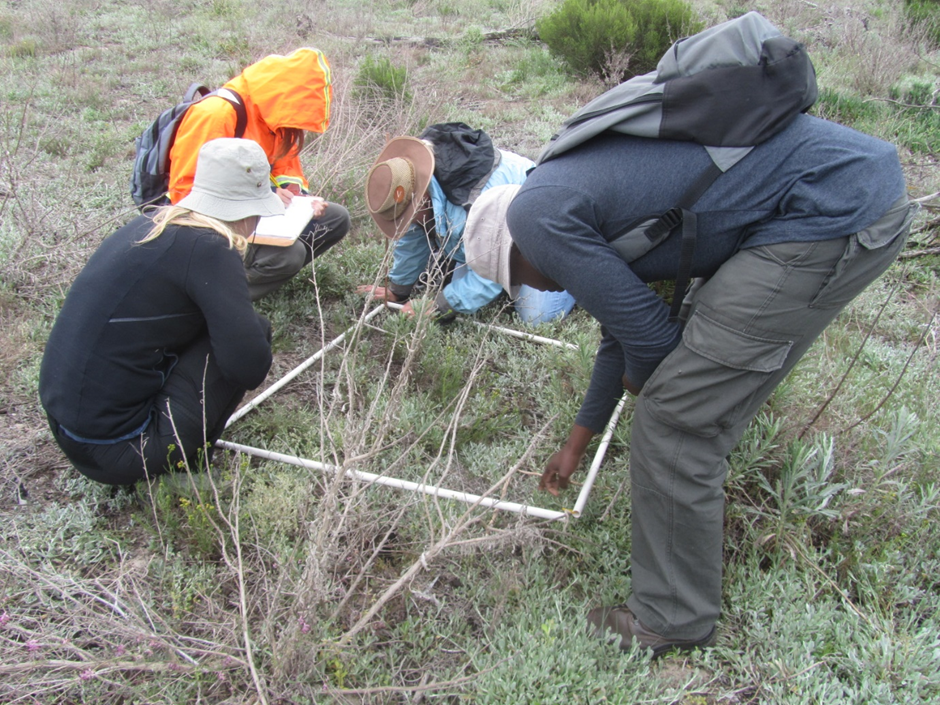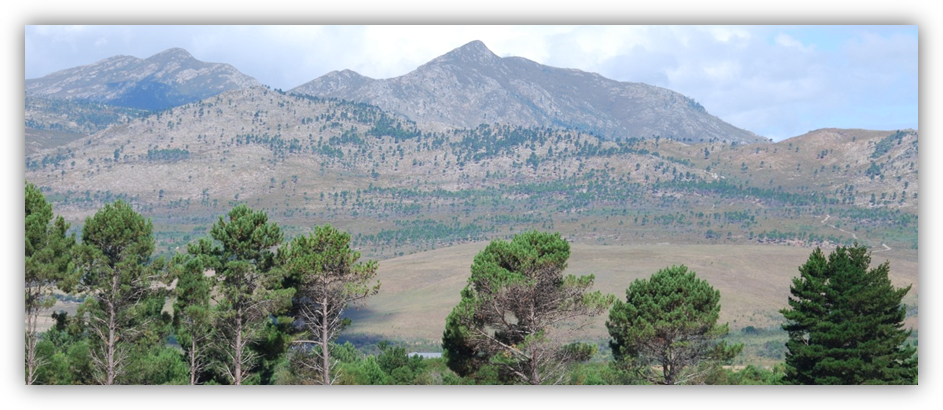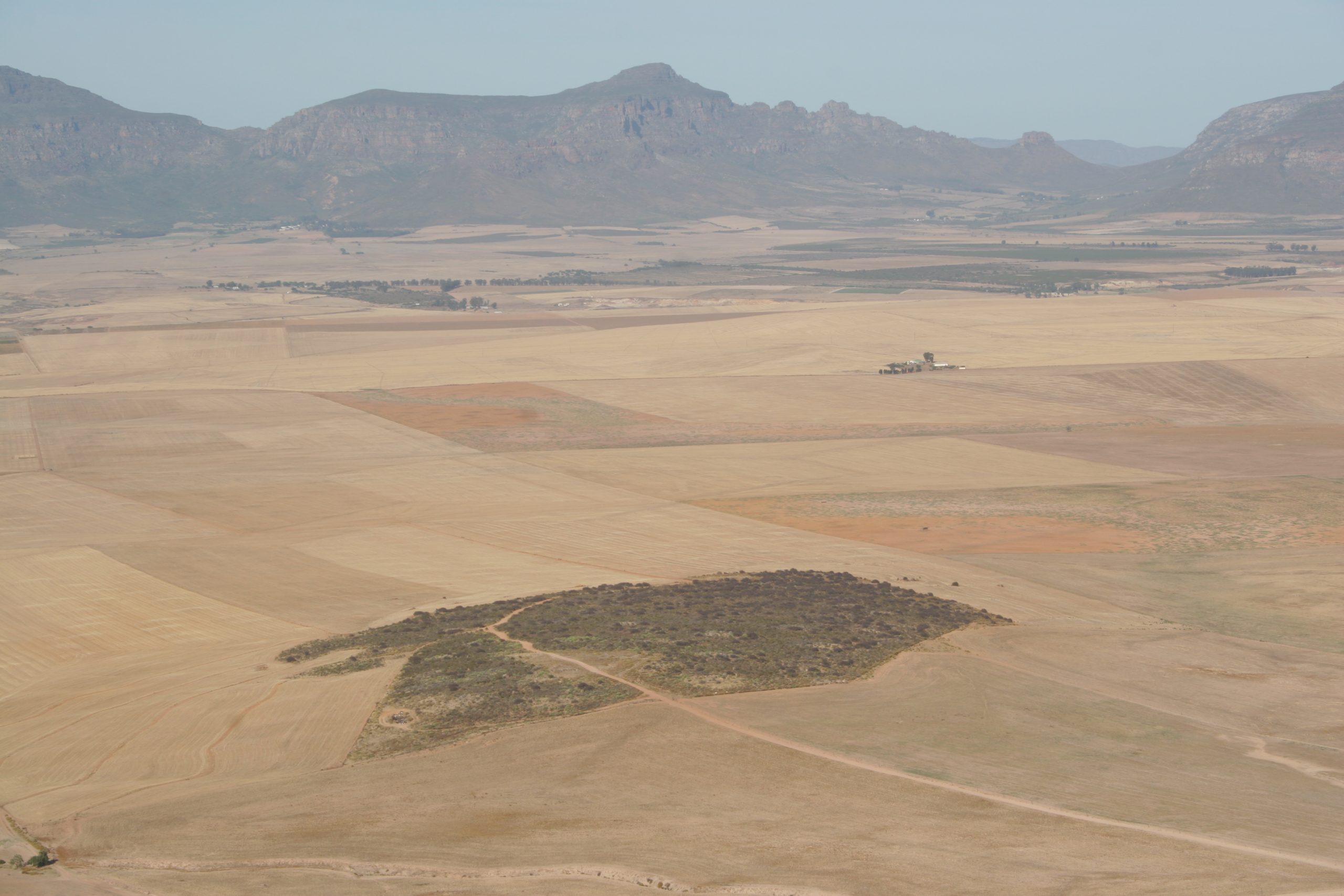Lost fynbos seeds from underground ‘time capsules’ in South Africa can grow again – new study
Lost fynbos seeds from underground ‘time capsules’ in South Africa can grow again – new study
Lost fynbos seeds from underground ‘time capsules’ in South Africa can grow again – new study
C∙I∙B student, Chelsey Matthys, and C∙I∙B Associate, Sjirk Geerts (based at Cape Peninsula University of Technology), together with colleagues documented the first detailed assessment of the distribution and invasive potential of scarlet bottlebrush (Melaleuca rugulosa) in South Africa.

Clearing the invasive alien tree Port Jackson (Acacia saligna) doesn't necessarily lead to the recovery of native plant communities because secondary invaders may be dominant and persist up to three years after clearing at levels similar to, or higher than the first year after clearing.

It may no longer make economic or environmental sense to pursue forestry endeavours using conifers in the Western Cape. If local plantations are to be maintained, invasive pine trees will continue to spread, the Cape’s water supply will continue to dwindle and the unique natural diversity of the fynbos region will be changed forever.

The influence of human activities on biodiversity is extensive and worldwide. In fact, there may not be any untouched region as the impacts of anthropogenic climate change and occurrences of biological invasions are ubiquitous across biomes.